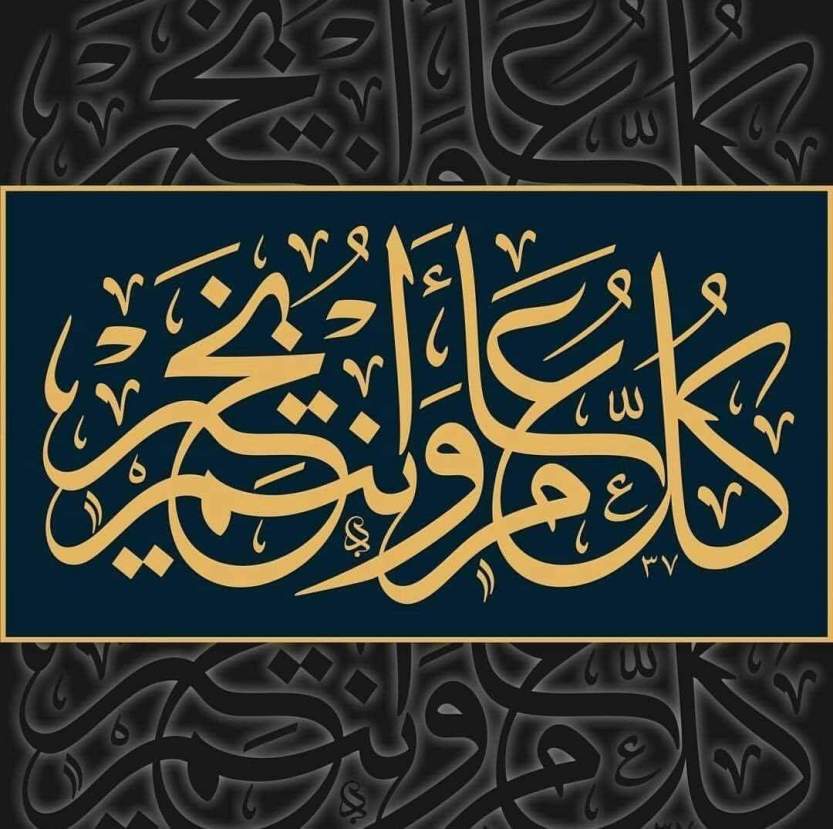Human interest in fasting is deeply rooted in our consciousness. Fasting has long been resorted to for maintaining physical and mental health as much as for cultural or political reasons. More specifically, fasting has been a devotional practice in most religious and spiritual movements throughout the ages.
Islam has prescribed the practice of abstinence and fasting as a means of self-purification and worship. The act of restraining the self from fulfilling its desires purifies and enhances awareness at physical, mental and spiritual levels and sensitizes human consciousness. The seeker realizes the weakness of the self and is gratified by the discipline, restriction and prohibitions, for these limitations are windows to Allah’s limitlessness.
In many cultures, such as the Indians of North America, tribes of Brazil, the people of the Pacific Islands and numerous Asian, African and European peoples, fasting has been used as a rite of initiation, marking puberty, prior to hunting and as part of the rites of marriage. In some cultures such as those in the Andaman Islands, Fiji, Samoa, China, Korea and others fasting is observed as a rite of mourning. In general, we find whenever human beings are in need, suppressed, or in fear, they seek God or higher powers through abstinence or penance. When our limited state of knowledge and consciousness is insufficient fasting guides us out of difficulties to find other means of inspiration and solutions.
Ancient Egyptians, Greek, Roman, and Chinese cultures practiced fasting to cure various illnesses. The Egyptians believed that fasting three days a month helped to preserve good mental and physical health. The Greeks learned the virtues of fasting from the Egyptians and fasted before battle and the Romans followed suit. Socrates and Plato are known to have regularly performed fasts of ten days duration. Today in the West, fasting is used by alternative and naturopathic systems of medicine and healing for curing a host of acute and chronic diseases and as a useful catalyst in helping the body mobilize its own natural immune system.
The Old Testament often refers to fasting: David chastened his soul with fasting, while Moses fasted for forty days when he ascended the mount to receive the tablets of the covenant. Daniel fasted for three weeks, supplicating and praying all the while. Jews observe six obligatory fasts during the year, one such being Yom Kippur.
The institution of fasting and abstinence from certain foods in Christianity has its origin in the New Testament as it relates to the fasting of Jesus’ disciples for several days during Lent, the forty-day period before Easter. The duration of the fast during Lent varied throughout the ages, until forty days accompanied by strict rules became the norm. Additional fasts were introduced later in different parts of the Church, such as the fast of Rogation Days, the Ember Weeks, the Whitsun Week, and fasts were also ordained by the Roman Catholic Church. Considerable variations in the practice of fasting are noticed between the Orthodox Church, the Eastern Orthodox Church and the Reformed Churches of Europe.
Over time there has been a gradual mitigation in the frequency and rigor of the fasts and abstinences prescribed by Church laws due to extenuating circumstances such as age, health, poverty, hard or continued labor and changing social conditions. Today few are obliged to fast strictly, while some are excused even from abstinence. Roman Catholic legislation further provides for dispensations to be granted by the Church authorities. The overall result is that the practice of fasting has declined and is almost forgotten as a religious exercise.
During the twentieth century fasting has sometimes been used as a tool of political and social protest by individuals as well as groups. During the national struggles for independence from colonial rule, several leaders of the third world in Asia and Africa resorted to fasting to highlight their plight and struggle, often with some success.
– From ‘Transformative Worship in Islam’ by Shaykh Fadhlalla Haeri.

